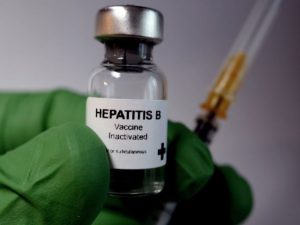Mechanisms of Immunizations
Each day, every individual comes into contact with germs, including bacteria and viruses. A healthy immune system helps individuals to not get sick from these germs. The immune response involves the way one’s body defends itself by recognizing harmful bacteria, viruses, and other diseases, which are known as antigens.
When an antigen enters one’s body, an individual’s immune response first produces what is called mucus which attempts to flush out the virus or bacteria in an effort to stop if from entering the body.
At this point, one’s immune system attempts to send white blood cells to surround the virus or bacteria to prevent more harm. After this process, special proteins are produced which are called antibodies. Antibodies work by attaching to the virus or bacteria and attempt to destroy the pathogen.
Immunizations work with one’s natural defenses by helping him/her to safely develop protection or resistance from certain diseases. There are some immunizations that require more than one dose in order to provide the best protection.
Immunizations typically use dead or severely weakened viruses to trick one’s body into thinking that the individual already has the virus, bacteria, or disease. Once an immunization is administered, one’s immune system responds to the weakened “invaders” by creating antibodies to protect the individual against future infection.
The immune system has special “memory cells” that remember and recognize the specific virus, bacteria, or disease the next time one is exposed. The immunizations assist in strengthening one’s immune system by training it to recognize and fight against specific germs.
When exposed to the virus, bacteria, or disease in the future, one’s immune system rapidly produces antibodies to attack and destroy it. In many cases, the individual may still get a less serious form of the illness, but he/she is protected from the most severe and dangerous effects.









